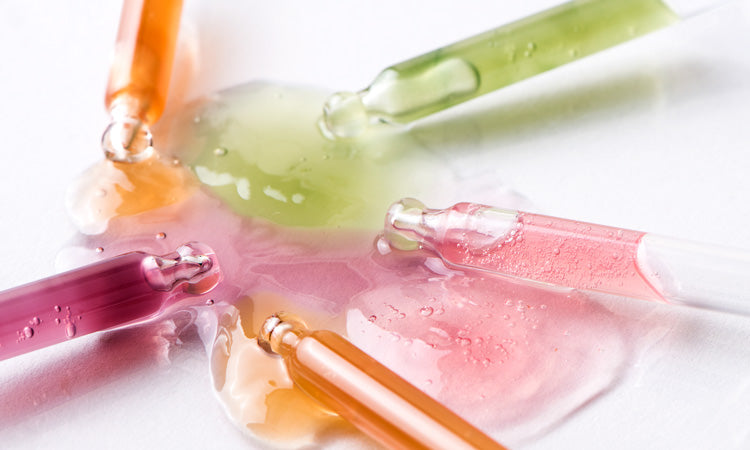
Navigating Fragrance in Skincare: Protecting Your Skin and Health
As we journey through the world of skincare, it's helpful to navigate with caution, especially when it comes to the often overlooked ingredient "fragrance" and its potential hazards lurking behind pleasant scents.
Fragrance ingredients often hide behind vague labels like "parfum" or "fragrance," concealing a complex blend of undisclosed chemicals. With no obligation for manufacturers to disclose individual components, these products can often contain over 30 different fragrance chemicals, some of which may pose risks to your health, including allergens, sensitizers, and even known carcinogens.
Fragrances frequently rank among the top triggers for allergic reactions and skin sensitivities. Many of the chemicals found in fragrances can irritate the skin, leading to itching, redness, and inflammation. Individuals with sensitive skin are particularly susceptible to these reactions, which can range from mild irritation to more severe issues.
Certain fragrance chemicals also have the potential to disrupt the endocrine system by mimicking hormones, leading to imbalances that can impact various bodily functions. These disruptions may manifest in a variety of ways, including reproductive and developmental problems.
Inhalation of fragrance chemicals can exacerbate respiratory issues, especially for those with asthma or other respiratory conditions. Volatile organic compounds (VOCs) commonly found in fragrances contribute to indoor air pollution, compromising indoor air quality and potentially aggravating breathing difficulties.
While the immediate effects of fragrance-related skin irritations and respiratory concerns are cause for concern, the long-term implications are even more important. Some fragrance components have been associated with potential carcinogenic properties, raising questions about the cumulative impact of prolonged, daily exposure. It's worth noting that fragrance ingredients can be absorbed through the skin and stored in the body for extended periods, even showing up in breast milk.
The terms "safe” and “tested" may not always provide the comprehensive reassurance we seek. Definitions of safety often prioritize immediate reactions, overlooking subtler or long-term effects. Regulatory standards tend to focus on short-term and visible effects, often neglecting the consequences of extended use.
To safeguard your health, consider adopting a cautious approach to fragrance in skincare. Minimizing direct exposure to fragrance chemicals, whether natural or synthetic, can help mitigate risks. Consider choosing fragrance-free skincare products and spraying fragrances on clothes instead of your skin. Your health and safety come first, so making informed choices allows you to prioritize your well-being.

